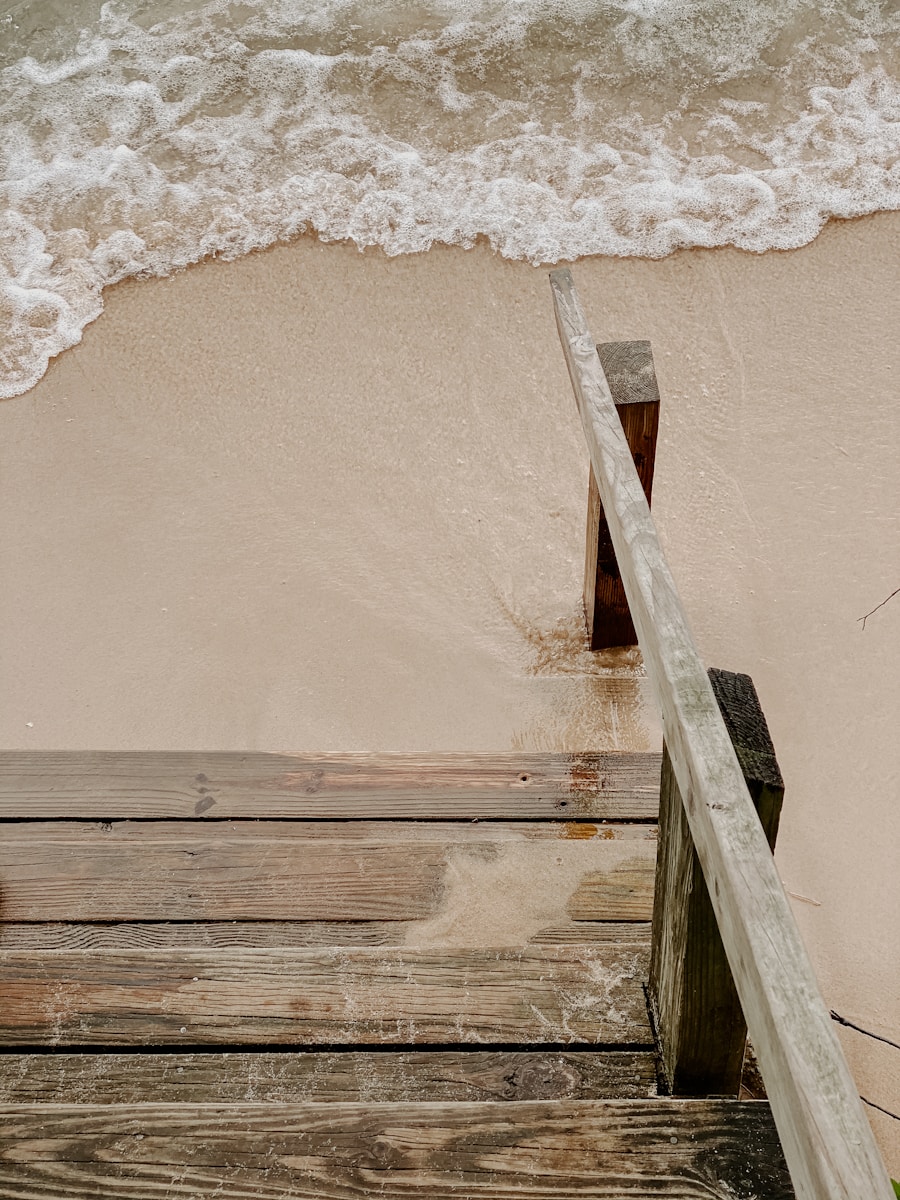Water damage in your home can be a real nightmare. Whether it’s from a burst pipe, a leaky roof, or a flooded basement, the aftermath can be devastating. When faced with water damage, the question often arises: Should you tackle water damage restoration yourself or call in the professionals? In this guide, we’ll explore the pros and cons of both approaches to help you make an informed decision.
Understanding Water Damage
Before diving into the DIY vs. professional debate, it’s essential to understand the nature of water damage. Water can wreak havoc on your home in various ways, from causing structural damage to promoting mold growth. The severity of the damage depends on factors such as the source of the water, the duration of exposure, and the affected materials.
Types of Water Damage
- Clean Water: This type of water damage involves clean water from sources such as broken pipes or overflowing sinks. While clean water may seem harmless, it can still cause damage if left untreated.
- Gray Water: Gray water is slightly contaminated water from sources like dishwashers and washing machines. Exposure to gray water can pose health risks and requires proper handling.
- Black Water: The most severe type of water damage, black water, is highly contaminated and often contains sewage or other hazardous materials. Dealing with black water requires extreme caution and expertise.
DIY Water Damage Restoration
Pros:
- Cost Savings: One of the most significant advantages of DIY water damage restoration is cost savings. By handling the cleanup and repairs yourself, you can avoid paying for professional services.
- Immediate Action: When you’re equipped to handle water damage on your own, you can take immediate action to mitigate the damage. Acting swiftly can prevent further deterioration of your home’s structure and minimize the risk of mold growth.
- Control Over the Process: DIY restoration gives you full control over the process, allowing you to work at your own pace and according to your preferences.
Cons:
- Limited Expertise: Unless you’re a water damage restoration professional yourself, you may lack the expertise needed to address all aspects of the damage adequately. This could lead to incomplete or ineffective repairs, ultimately costing you more in the long run.
- Safety Concerns: Water damage restoration can pose various safety risks, from electrical hazards to exposure to harmful contaminants. Without proper training and protective gear, you could put yourself at risk of injury or illness.
- Potential for Further Damage: Attempting DIY water damage restoration without the necessary skills and equipment can result in further damage to your home. Improper techniques or insufficient drying can lead to mold growth, structural issues, and other complications.
Professional Water Damage Restoration
Pros:
- Expertise and Experience: Professional water damage restoration companies have the expertise and experience to handle all types of water damage effectively. They know the best techniques and strategies to minimize damage and restore your home to its pre-loss condition.
- Advanced Equipment: Professional restoration companies use state-of-the-art equipment and technology to assess and address water damage. This includes industrial-grade drying equipment, moisture meters, and dehumidifiers that are essential for thorough drying and mitigation.
- Comprehensive Services: From water extraction and drying to mold remediation and structural repairs, professional restoration companies offer comprehensive services to ensure that all aspects of the damage are addressed properly.
Cons:
- Cost: The primary downside of hiring professional water damage restoration services is the cost. While the upfront expense may be higher than DIY, it’s essential to consider the long-term savings and benefits of a job well done.
- Reliance on Others: Opting for professional restoration means relying on others to handle the cleanup and repairs. While this can be advantageous in terms of expertise and efficiency, it also means relinquishing some control over the process.
- Scheduling Constraints: Depending on the extent of the damage and the availability of the restoration company, scheduling repairs may take time. However, most reputable companies offer emergency services to address immediate needs.
Making the Right Decision
When it comes to water damage restoration, there’s no one-size-fits-all solution. The decision to DIY or hire professionals depends on various factors, including the severity of the damage, your level of expertise, and your budget. Here are some guidelines to help you make the right choice:
When to DIY:
- The damage is minor, and you have the necessary skills and equipment to address it effectively.
- You’re comfortable with the potential risks and safety precautions involved in water damage restoration.
- You’re on a tight budget and willing to invest the time and effort required for DIY repairs.
When to Hire Professionals:
- The damage is extensive or involves contaminated water (e.g., sewage backup).
- You lack the expertise or equipment needed to handle the restoration process safely and effectively.
- You want the assurance of thorough and professional-grade repairs to minimize the risk of future issues.
Conclusion
Water damage restoration is not something to be taken lightly. Whether you choose to tackle the cleanup yourself or enlist the help of professionals, it’s essential to act quickly and decisively to minimize the damage and restore your home to its former glory. By weighing the pros and cons of DIY vs. professional restoration and considering your unique circumstances, you can make an informed decision that best meets your needs and ensures the long-term integrity of your home. Remember, when in doubt, it’s always better to seek professional assistance rather than risk further damage to your property.






